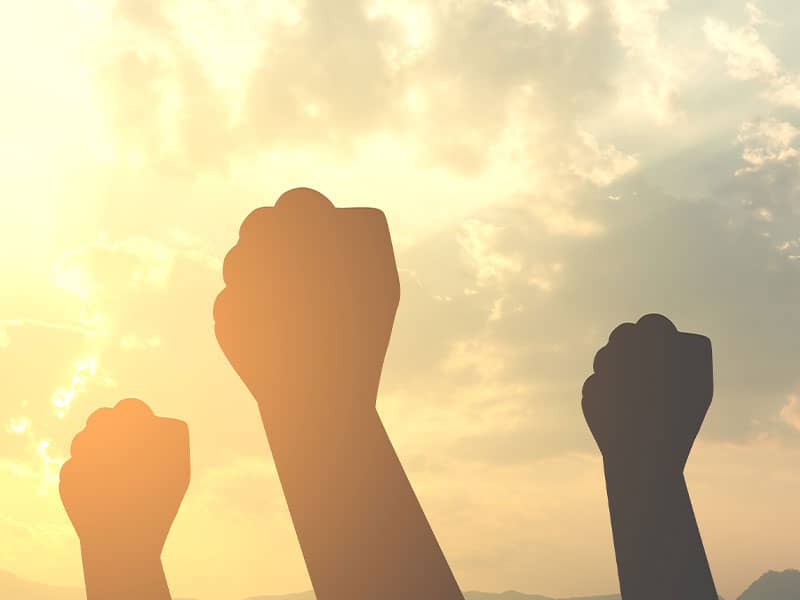JERUSALEM, Oct. 10 (AP)--Amid scattered but ugly new outbreaks of violence in the West Bank and Gaza Strip, the U.N. secretary-general appealed Tuesday to Israel and the Palestinians to get back to the bargaining table and end the cycle of killing. ``The region has suffered enough,'' he said.
Israeli Prime Minister Ehud Barak said it was too soon to tell if the relative calm of recent days would hold after a series of ferocious clashes that have left 88 people dead since Sept. 28, most of them Palestinians. Hours after he spoke, a 12-year-old Palestinian shot in the head during a stone-throwing clash with Israeli soldiers was declared brain dead.
Tuesday was a day of intense diplomatic activity, including talks with both sides by Secretary-General Kofi Annan, Russian Foreign Minister Igor Ivanov and European Union security chief Javier Solana. Barak also spoke Tuesday night with President Clinton and French President Jacques Chirac, the prime minister's office said.
Annan, seeking to resolve the crisis that has brought the Israeli-Palestinian peace process to the brink of extinction, has taken on another difficult task as well: trying to broker the release of three Israeli soldiers captured on the Lebanon border by the Shiite Muslim guerrillas of Hezbollah.
The secretary-general, who goes to Lebanon on Wednesday, said the soldiers were believed to be alive and well, and called their capture a violation of international law. Israel has massed troops, including elite commando units, along the border and has warned of drastic consequences if the soldiers are not freed.
In the West Bank and Gaza Strip, fighting between Israeli troops and Palestinian strone-throwers and gunmen has fallen off in recent days, after last week's raging street battles. However, Tuesday again saw isolated clashes, near the West Bank town of Ramallah and the Gaza Strip town of Rafah, on the Egyptian border.
But even a lowered level of intensity exacted a terrible toll. At Rafah, 12-year-old Sami Abu Jazar was declared brain dead after being shot in the head during a stone-throwing clash, hospital officials said.
The army said its troops opened fire after a firebomb was thrown into its outpost, burning a soldier. It expressed sorrow but criticized Palestinians for putting children in harm's way in the clashes.
On the edge of Ramallah, black smoke from burning tires billowed into the air as about 200 Palestinians massed on the road near an Israeli outpost. In a confrontation that lasted hours, protesters hurled stones at Israeli troops, who responded with tear gas and rubber-coated steel bullets.
The army also said two Palestinians were seriously wounded when soldiers returned fire outside the village of Tapuah, near the West Bank town of Nablus.
Barak has given Palestinian leader Yasser Arafat an ultimatum--extended Monday night by what he and aides said would be a few days--to halt the violence or face heavy reprisal. After his meeting with Annan in Jerusalem, the Israeli leader said it wasn't yet clear whether Palestinian rioters had been reined in.
``We are waiting and we are examining, not within a framework of 12 hours--that's not enough time to know what is happening,'' he said.
Earlier in the day, speaking at a memorial for those killed in the 1973 Yom Kippur War, Barak urged perseverance in pursuit of peace.
``We must not despair or lose hope, even in difficult times in which it seems to us that on the other side there is no partner for a true peace,'' he said. ``Peace will come.''
Annan, who had met earlier in the day with Arafat in Gaza, said he was heartened by signs of a calming trend.
``Let's get to work--stop the violence, move back to the negotiating table,'' he said. ``The region has suffered too much, there have been far too many killings and casualties...We are at the crossroads--let's make the right turn.''
The sides were discussing, through third parties, a Palestinian demand that Israel agree to allow an international commission to investigate the events. Nearly all the dead have been Palestinians, and the Palestinians say Israel has used excessive firepower.
Barak appeared more prepared than previously to compromise, telling Israeli radio he would accept an inquiry ``under the authority and responsibility of the United States.'' Initially, he had said he would only consider submitting Israeli findings to the Americans for review.
It was clear, though, that Israel and the Palestinians were still at loggerheads over who was responsible for the violence.
``The clashes are still taking place in a very difficult situation, and Israel is using tanks and helicopters and missiles, and the (Jewish) settlers are continuing their crimes,'' Arafat said after a meeting with Ivanov.
Barak said Israel would act with ``determination'' to defend its soldiers and citizens. ``We are not the source of the violence, and if the violence stops on the other side, there will be quiet,'' he said after his meeting with Annan.
Even as confrontations between the Israeli military and Palestinian rioters have tapered off, there has been a rise in vigilante-style attacks by Israeli and Arab civilians against each other.
On Tuesday, Palestinians threw stones at motorists on a Jerusalem thoroughfare, and several activists from the outlawed Jewish extremist Kach movement brawled with Arabs at a Jerusalem market, Israel radio said.
The national police commissioner, Yehuda Wilk, said more than 200 Jewish rioters had been arrested.
``We will take the same measures against Jews as we do against Arabs,'' he said. ``We don't have different systems of justice in Israel.''

